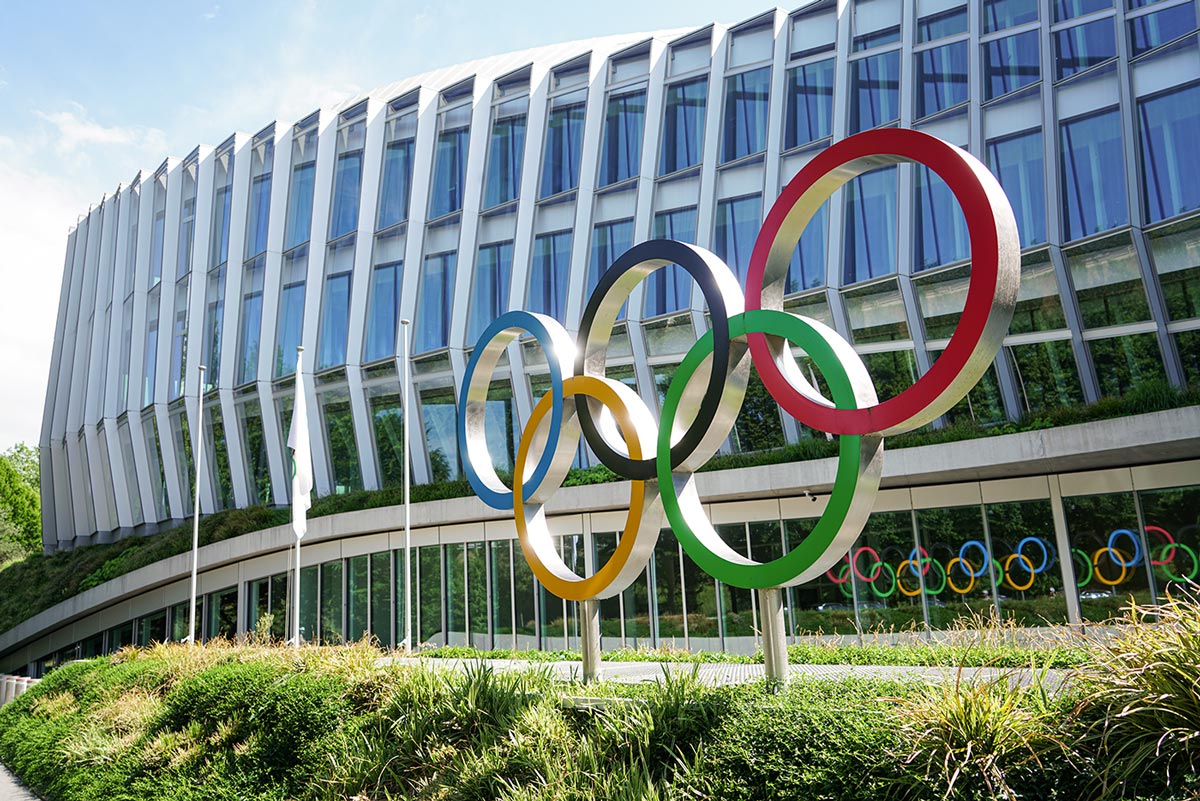We have updated our Privacy Policy, click here for more information.
Thank you

As the 2024 Paris Olympics captivate the world, it’s fascinating to reflect on the significant impact Fintech has had in shaping this historic event, which has evolved over nearly 3,000 years. The intersection of financial technology and the Olympics is a testament to how innovation and tradition can merge to enhance global experiences. Throughout modern Olympic history, Fintech has revolutionised how spectators engage with the games, how athletes are supported, and how the entire event is monetised.
Here are three pivotal moments where Fintech and the Olympics intersected, illustrating the transformative power of technology in sports:

This event marked a significant leap in the integration of financial technology with global sports. The Bank of China introduced ‘The Greatwall’ card, a prepaid card that provided tourists and foreign visitors seamless access to China’s payment system. This innovation not only simplified transactions for millions of spectators but also set a precedent for how major sporting events could integrate Fintech solutions to enhance the visitor experience. The card’s widespread adoption during the Olympics demonstrated the potential for cashless transactions in large-scale international events.

Visa pioneered the introduction of contactless mobile payments during the London Games, a technology that allowed spectators to make payments with just a tap of their phones or cards. Although initially perceived as a failure due to limited adoption, this initiative laid the groundwork for the widespread use of contactless payments today. What was once seen as a novelty is now a global standard, with projections estimating that by 2027, the volume of contactless payments worldwide will exceed $10 trillion. The London Olympics showcased the future of payment technology, signalling the beginning of a cashless era in sports and beyond.

The Tokyo Games were a watershed moment for the integration of artificial intelligence (AI) in sports. AI made its debut by collecting and analyzing athletes’ performance data through wearable sensors, fundamentally changing how the games are played, watched, and monetised. This technology provided real-time insights into athletes’ health, performance, and strategies, enhancing the experience for coaches, players, and spectators alike. The adoption of AI in sports has since exploded, with the industry generating $2.2 billion in 2022 and projections indicating it will soar to $29.7 billion by 2032. The Tokyo Olympics demonstrated how AI could revolutionise not just sports performance but also fan engagement and commercial opportunities.
We would welcome to opportunity to speak to capital market firms on these key topics, to share our thoughts and insights.